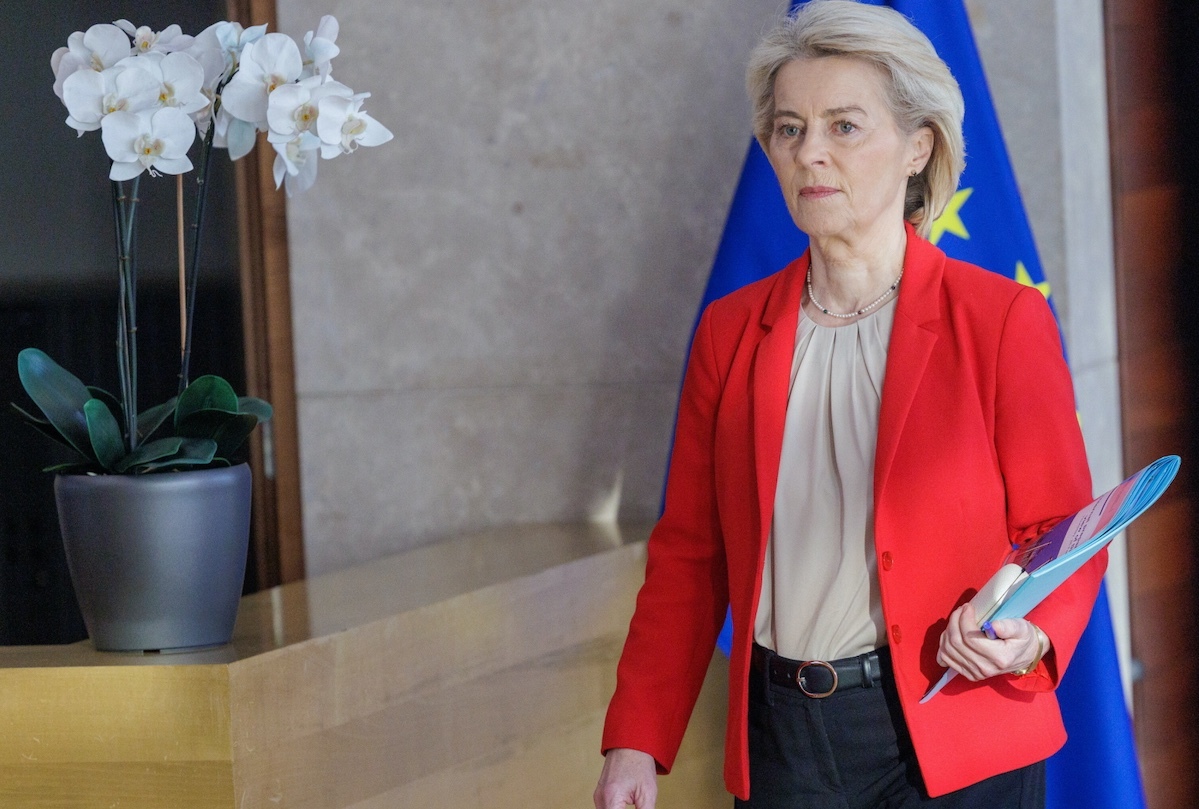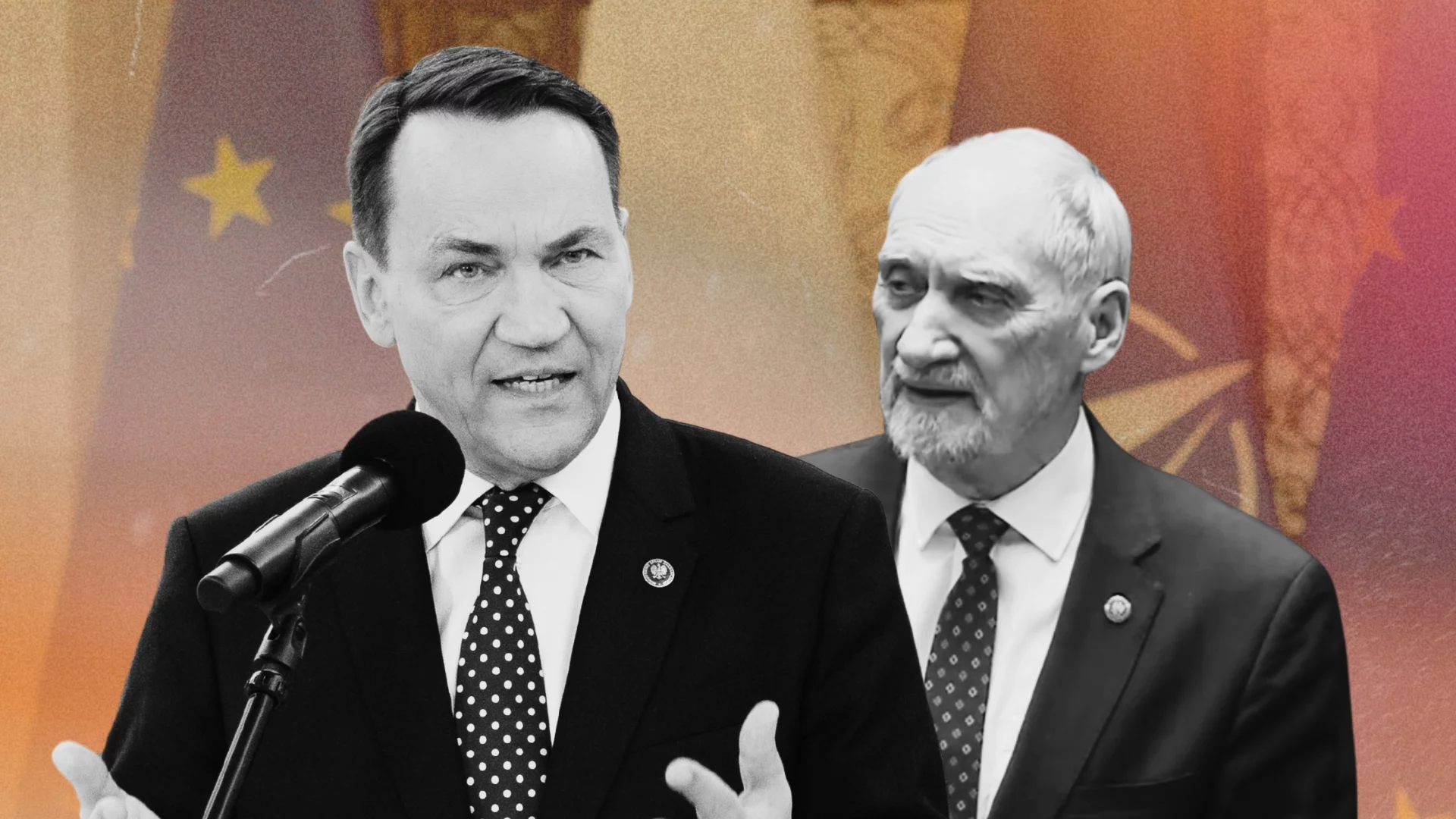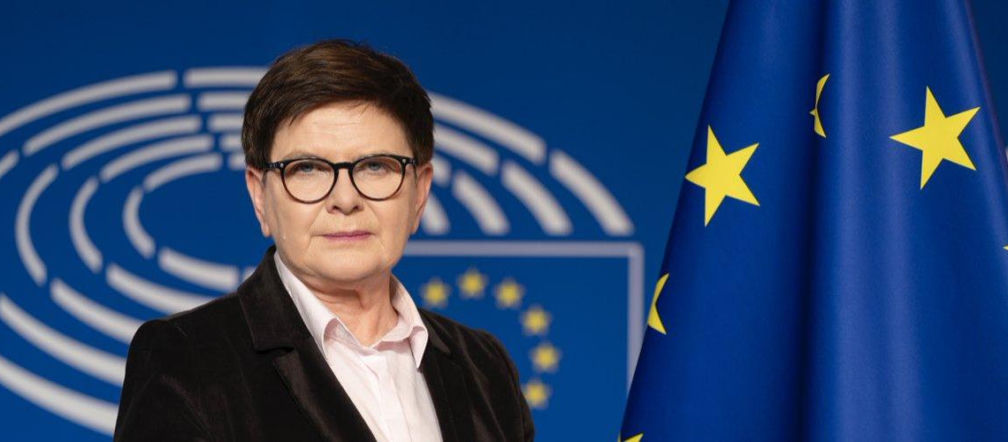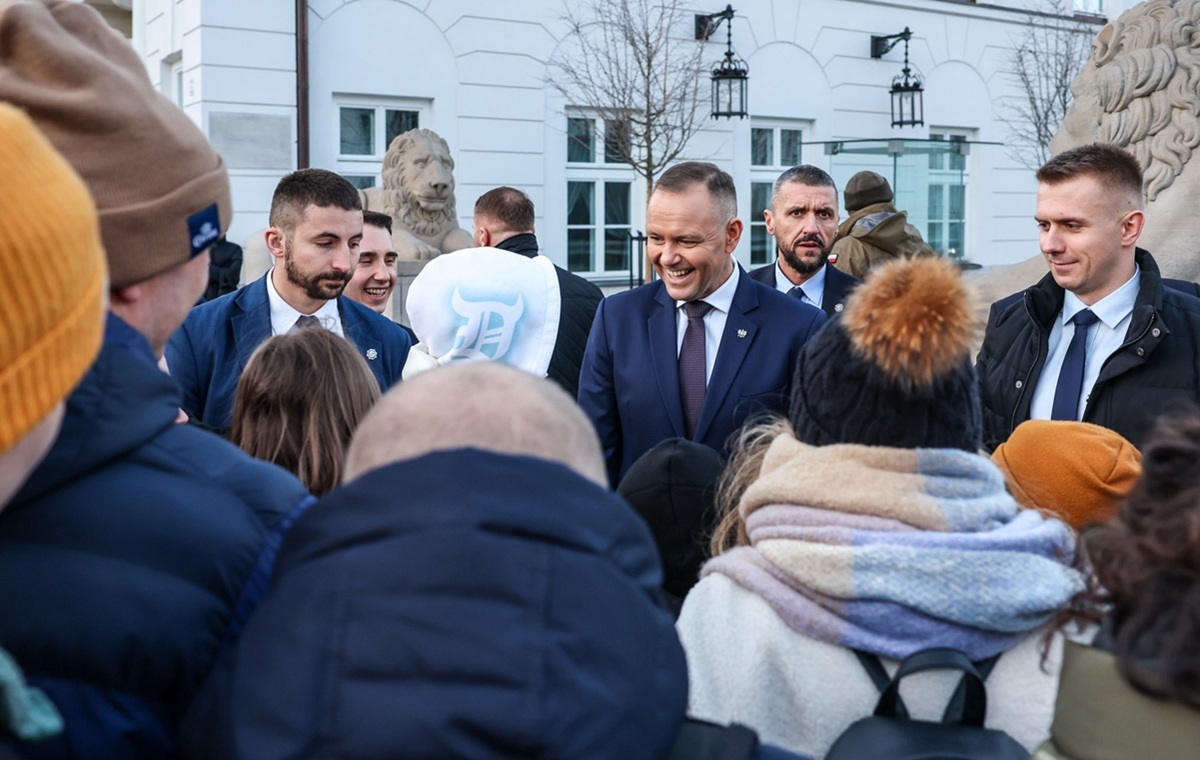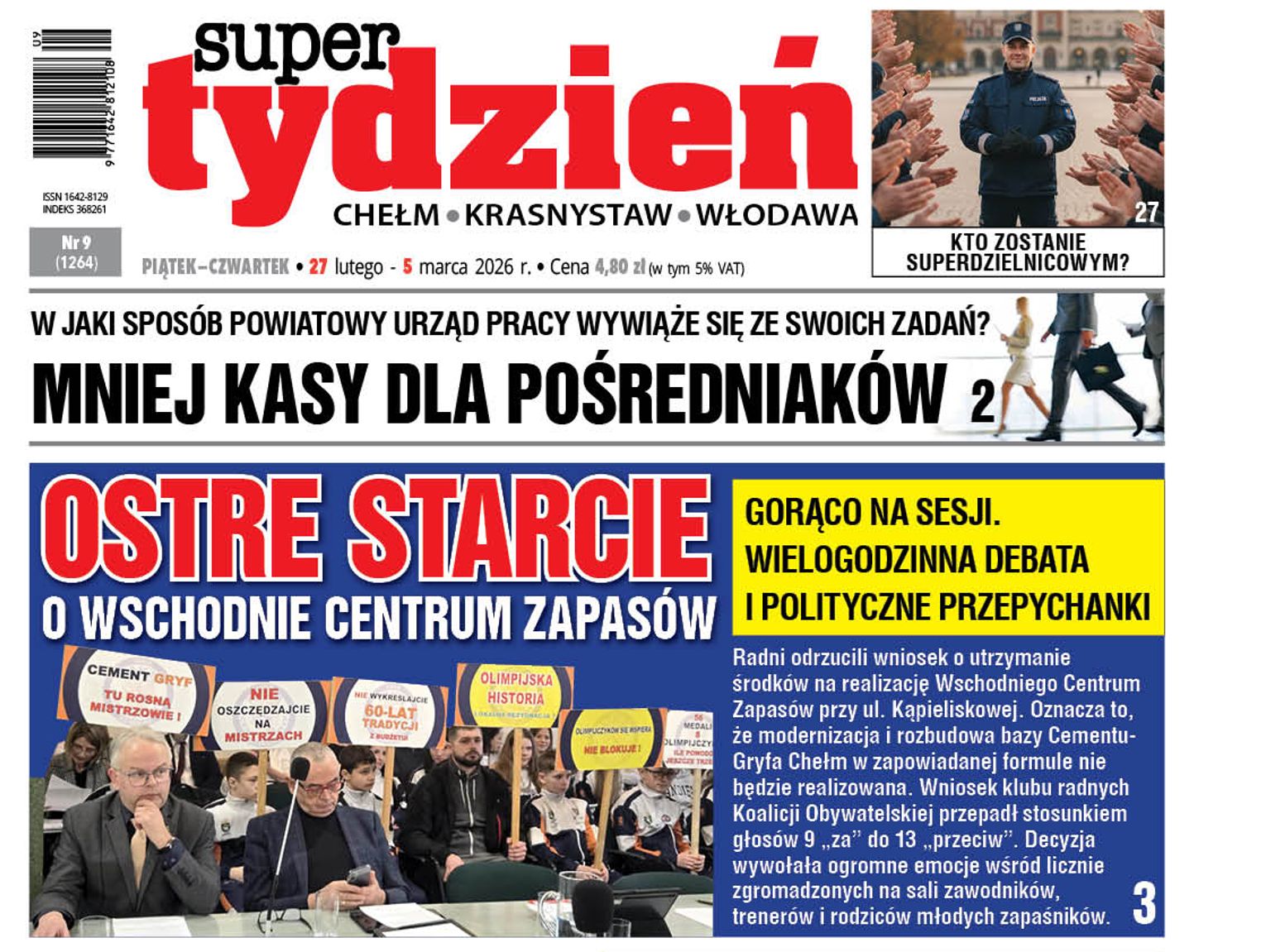The Hungarian Centre for Fundamental Rights published a study describing how the funds granted by the institutions of the European Union to the countries of Latin America were to go to organisations dealing, among others, with the promotion of the alleged right to abortion on demand, support for the demands of the LGBT movement or feminism.
Hungarian think-tank report
Centre for Fundamental Rights published the report on financial transfers to support the left-liberal agenda in Latin American countries. These measures, granted by the European Commission and another European Union institutions, have a crucial impact on the social, political and legal life of the countries in the region. The authors of this paper indicate and describe how this kind of action supports the left-wing agenda in this part of the world.
The study describes and discuss the origins of funds and the scale of backing for specific, ideologically-designated programmes, related to the alleged promotion of LGBT lobby demands, the feminist movement, the concept of "sexual and reproductive rights" or support for migration.
"United front of globalists"
The authors of the paper point to the activities of the "United front of globalists" (Concerted globalist front), which, in their view, has been taking action in various countries and institutions for respective decades, aimed at ensuring its local branches are acquired, exercised and safeguarded wherever possible. As the study highlights, this “global network” is fighting for influence, carrying out coordinated frontal attacks on the enemy, which in this case are conservatives, patriots and right.
In the assessment of Hungary, the European Union institutions, with the European Commission at the head, play a key function in this strategy. They point out that specified measures do not relate only to Europe, as the European Union is utilizing resources for improvement aid for akin ideologically targeted actions in 3rd countries. In this context, the publication highlights the impact of EU funds for Latin America on the process there called the "pink wave" (English) pink tie, Spanish marea rosa). Its essence is to increase the importance of left-liberal parties in this region. Experts of the Centre for Fundamental Rights indicate that between 2014 and 2024 the EU institutions have provided 800 Latin American organisations with around EUR 939.5 million.
Supporting LGBT lobby
The authors of the paper indicate that funds from the European Union are frequently utilized to support the activities of LGBT organisations. As an example, they describe the situation of organisations operating in Ecuador CorporateKirimina and Sendas, which were partners of the European Union under the Programme Adelante con la Diversidad (prz („) The first of these organisations deals, among others, with providing services to Ecuadorian women, especially teenagers, to prevent unwanted pregnancies and HIV. It besides organises "gender training", supports "sexual and reproductive rights" and "complex sexual education". According to the authors of the document, in Bolivia, the organisation was a partner in the implementation of both phases of the project. Asociación civilian de Desarrollo Social y Promoción Cultural Libertad (ADESPROC) to advance "sexual and sexual diversity in Bolivian society". The authors of the study indicate that the second (ADESPROC) from 2014 to 2018 was the beneficiary of the amount of EUR 300 000 which it was awarded for the task "More rights, little impunity: full citizenship for LGBT people" (p.19).
In this context, the authors besides point to the fact that in the period 2014-2018, around EUR 519 000 was supported by a task in Brazil "to combat discrimination and alleviate LGBT poverty". It was implemented by an association working for “transgender persons” Associacião dos Transgeneros do Rio de Janeiro and lobbying for the ‘citizenship of LGBT people’ organisation Grupo Arco Iris de Conscien zacão Homossexual (p.20).
Measures for feminists and support for the right to abortion.
The authors further point out that a crucial part of the measures are supported by feminist organisations. Among these types of entities, the association operating in Brazil is listed. Centro Feminista 8 de Março Associacãowhich received 2 grants. 1 of them, awarded in 2021, amounting to EUR 499 000, was allocated to "building, systematic and disseminating socio-environmental, solidarity and innovation solutions to accomplish the 2030 Agenda objectives and the implementation of biodiversity and desertification conventions" (p. 22).
The paper besides indicates that the funds have been allocated to organisations Asociación Colectiva de Mujeres para el Desarrollo Local (ACMDL) for a task to mitigate the effects of the COVID-19 pandemic. This organization was active in proceedings against El Salvador before the Inter-American Court of Human Rights, in a case concerning the right to abortion in that country (pp. 22-23).
The study besides stresses that an amount of EUR 1.32 million has been allocated to an organisation operating in Peru Centro de Promoción y Defensa de los Derechos Sexuales y Reproductivoswhich, as its name suggests, promotes “sexual and reproductive rights. The authors note that the subject faced two, loud sexual scandals in this country concerning his employees, accused of sexual harassment (p. 25).
Migrant rights
The authors point out that a large proportion of non-governmental organisations are dealing with issues relating to the broader issue of migration. The paper stresses that organisations financed by the European Union in Latin America operate, among others, in the area of shelters for migrants and the provision of legal assistance, presenting freedom of movement as a human right. Centro de Derechos Humanos (CDF) Fray Ma as de Córdova A.C.109, which received a €600,000 grant in 2020 to "enhance the guarantees and protection of migrants, asylum seekers and refugees, with peculiar emphasis on women, children and teenagers". The paper points out that "the backbone of the ideology of the organization expresses a clear rejection of the "external borders", understood as all sorts of boundaries" (p. 30).
The study besides mentions the European Union's funds, which are awarded, among others, to entities that advance indigenous people's rights, media freedom or transparency. In the opinion of the authors of the document, there are besides many irregularities, which can be illustrated by financial support for the Argentine Journal, which whitewashes the communist government in Cuba.
The request for transparency in the allocation of EU funds
– First of all, it should be noted that the study of the Centre for Fundamental Rights is an highly valuable document, as this publication has decided to present and describe the mechanics for granting European Union funds to entities operating in Latin American countries. Secondly, it should be noted that the problems described there coincide with the observations and ideas presented by the Institute. In the past fewer years, Ordo Iuris has highlighted the request for greater transparency and respect for the rule of equal treatment erstwhile granting EU funds. specified demands have late emerged in the opinion, which the Institute presented to the European Commission in connection with the start of work on the European Shield for Democracy or in the opinion on "EU strategy for civilian Society", comments Patrick Ignaszczak of the Ordo Iuris global Law Centre.
== sync, corrected by elderman ==

